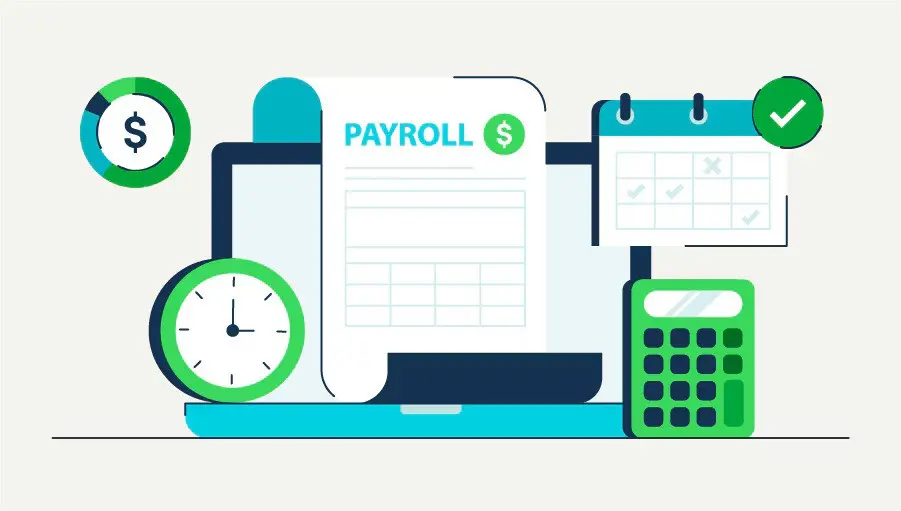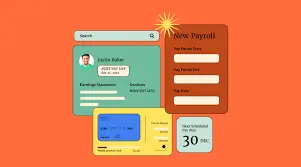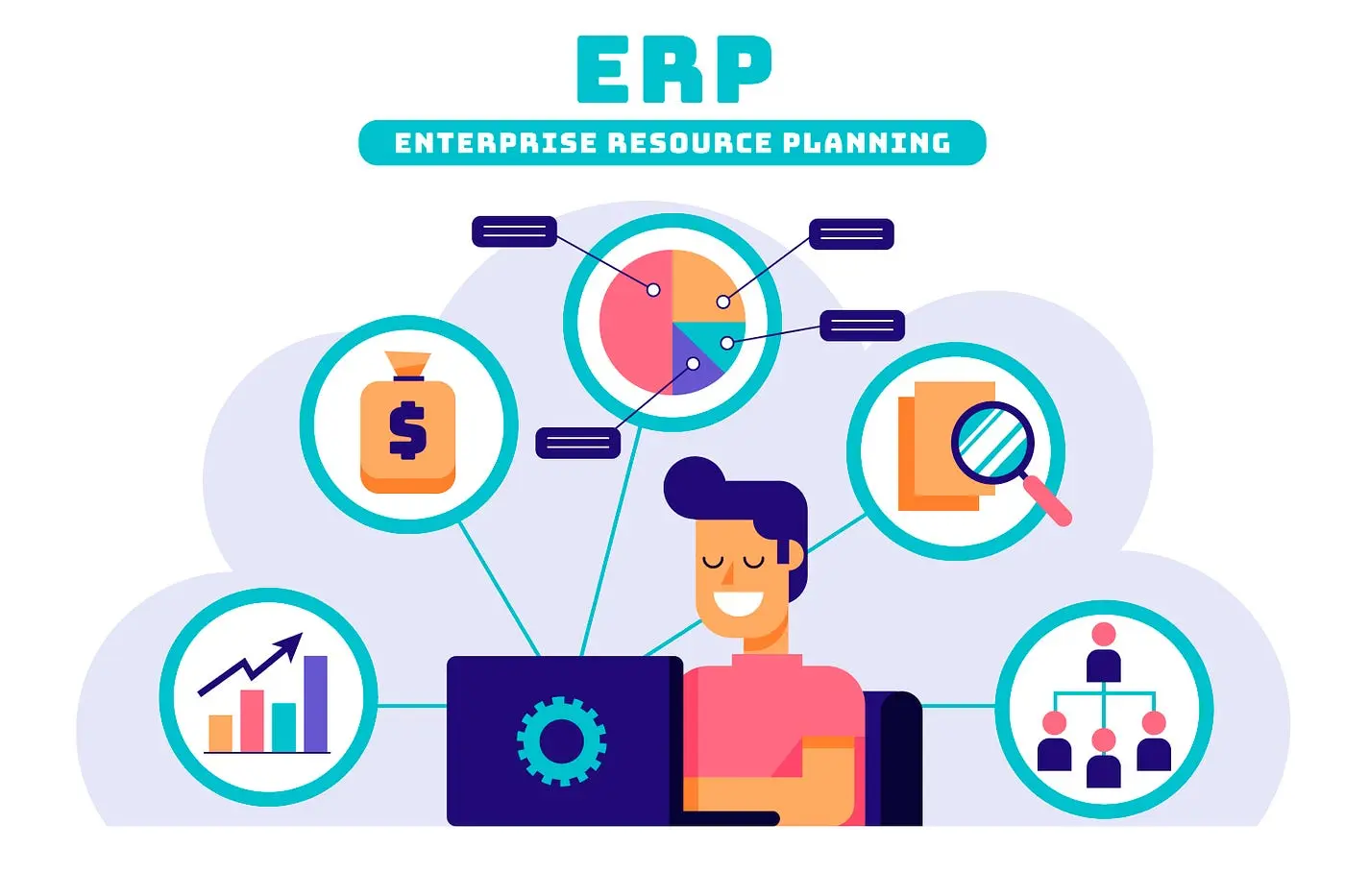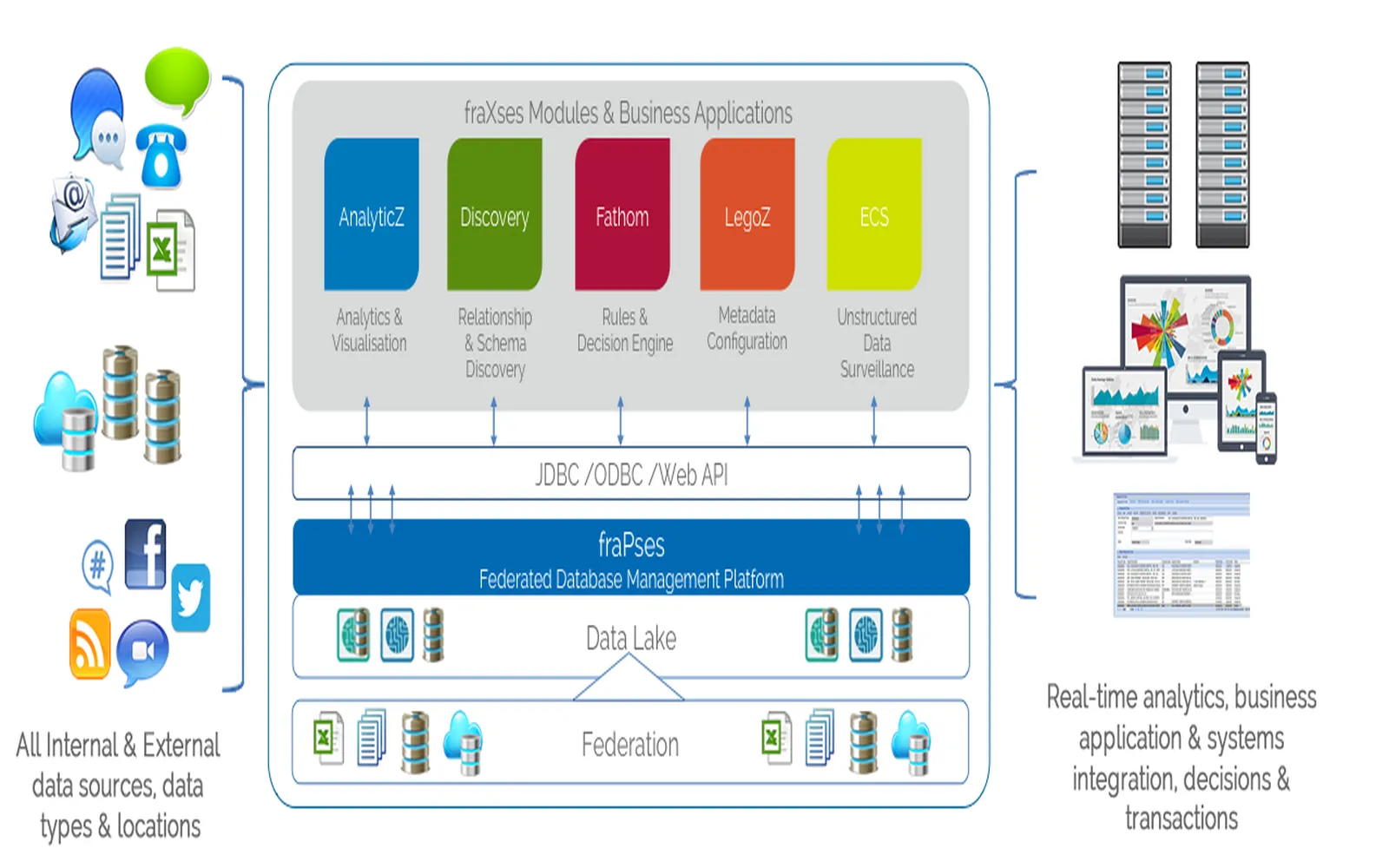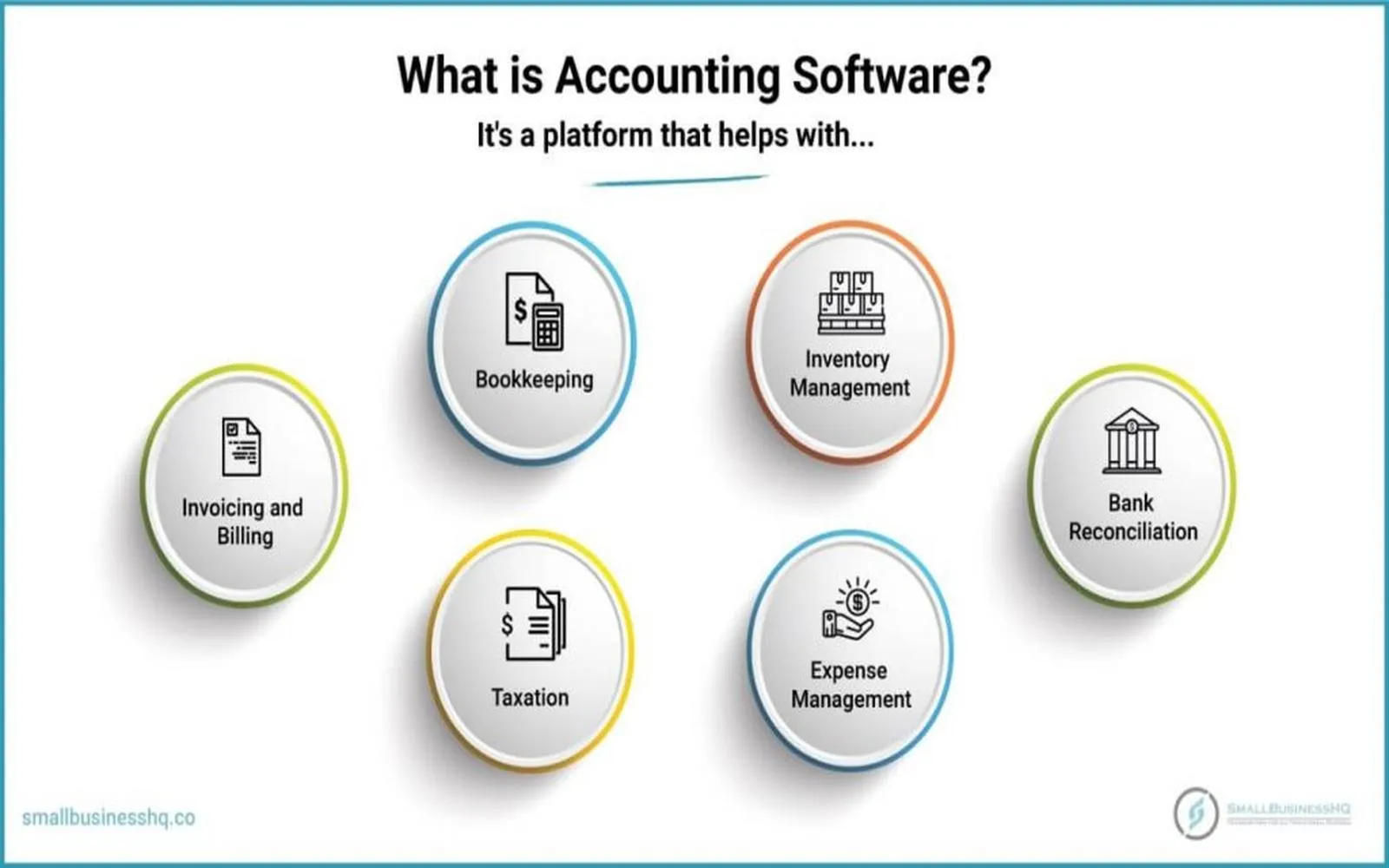Understanding Payroll Software
As a small business owner, managing payroll can be a daunting task. Payroll software simplifies the process, ensuring that employees are paid correctly and on time. With numerous options available in 2025, it's essential to find the right payroll software that aligns with your business needs. Here are some key features and options to consider when selecting payroll software for your small business.
Key Features of Payroll Software
When evaluating payroll software, certain features are essential to ensure it meets your business requirements. Here are some of the must-have features:
- Automated Calculations: Payroll software should automatically calculate wages, taxes, and deductions, reducing the risk of human error.
- Compliance Management: Ensure the software stays updated with the latest federal, state, and local tax laws to avoid penalties.
- Employee Self-Service Portal: A good payroll system allows employees to access their pay stubs, tax documents, and personal information.
- Integration with Other Systems: Look for software that integrates seamlessly with accounting, HR, and time-tracking systems.
- Reporting and Analytics: Robust reporting tools help you analyze payroll expenses and generate essential reports for strategic decision-making.
Top Payroll Software Options for 2025
In 2025, several payroll software solutions stand out for small businesses. Below is a chart summarizing some of the top options:
| Payroll Software | Starting Price | Key Features | Best For |
|---|---|---|---|
| Gusto | From $39/month | Employee self-service, automatic tax calculations, integrations | Startups and small teams |
| QuickBooks Payroll | From $45/month | Integrated with QuickBooks, tax compliance, direct deposit | Businesses using QuickBooks for accounting |
| Paychex | Custom pricing | HR tools, compliance support, mobile app | Companies needing HR features alongside payroll |
| Paylocity | Custom pricing | Employee engagement tools, customizable reports | Mid-sized businesses looking for advanced features |
| Zenefits | From $10/employee/month | HR integration, employee onboarding, benefits management | Businesses focused on HR and benefits management |
Evaluating Your Business Needs
Before selecting payroll software, it's crucial to evaluate your business's specific needs. Consider factors such as the number of employees, your industry, and your budget. Here are some questions to guide your decision:
- How many employees do you have, and is that number likely to grow?
- What specific payroll features do you need (e.g., direct deposit, tax filing)?
- Are you looking for additional HR features or just payroll management?
- What is your budget for payroll software?
Integrating Payroll Software with Your Business
Once you've selected the right payroll software, it's essential to integrate it with your existing business systems. Most leading payroll solutions offer integration capabilities with accounting software, HR platforms, and time-tracking systems. This integration streamlines processes, reduces data entry errors, and enhances overall efficiency.
Cost Considerations
Cost is a significant factor when choosing payroll software. Many providers offer tiered pricing models based on the number of employees or features. Be sure to assess the full cost, including any additional fees for features like year-end reporting or tax services. While some options may have a higher upfront cost, they might save you money in the long run by reducing compliance risks and improving efficiency.
Final Thoughts
Selecting the right payroll software for your small business in 2025 is essential for efficient operations and employee satisfaction. Consider your business's unique needs, evaluate the key features, and weigh the costs against the benefits. With the right payroll software, you can streamline your payroll processes and focus more on growing your business.

